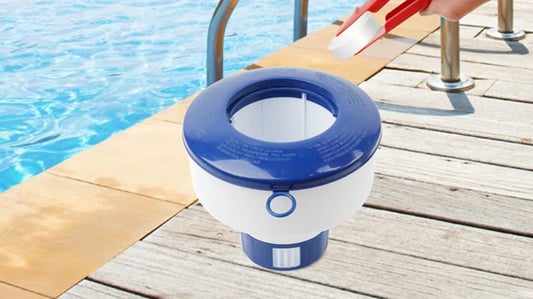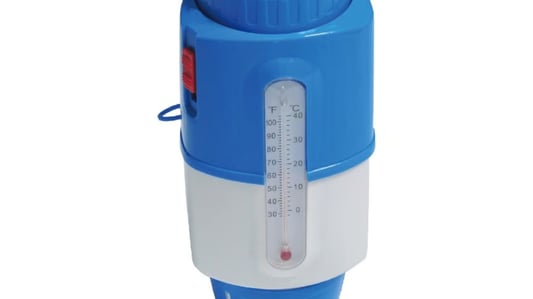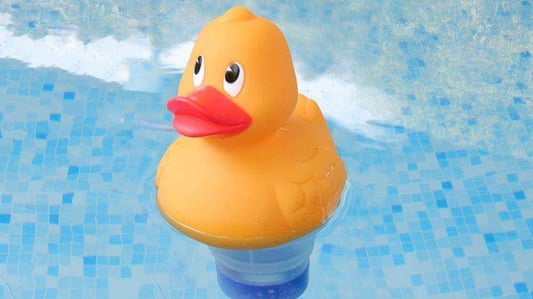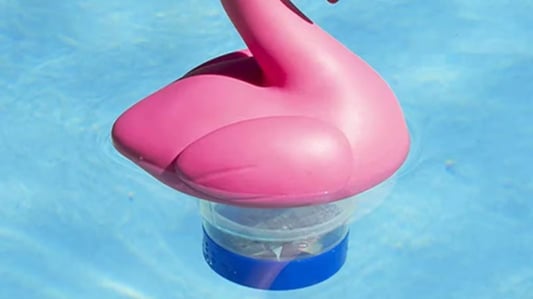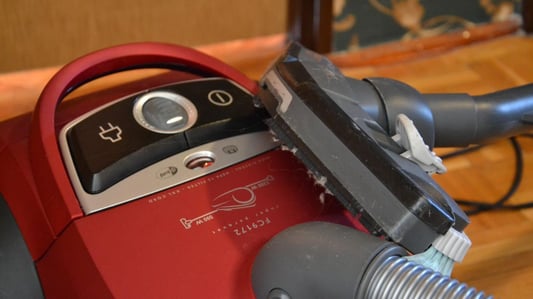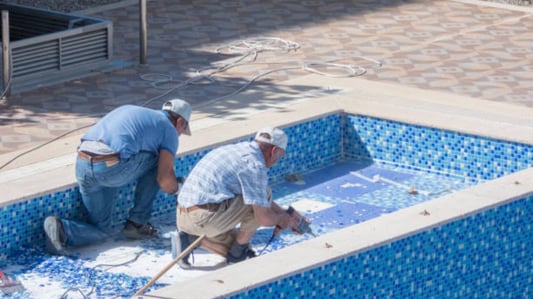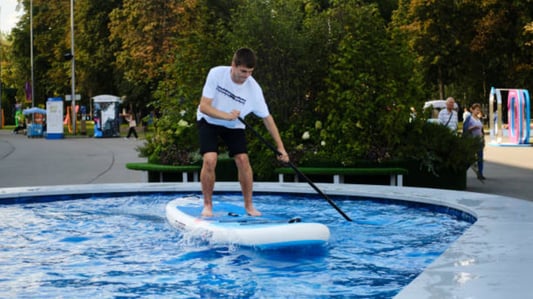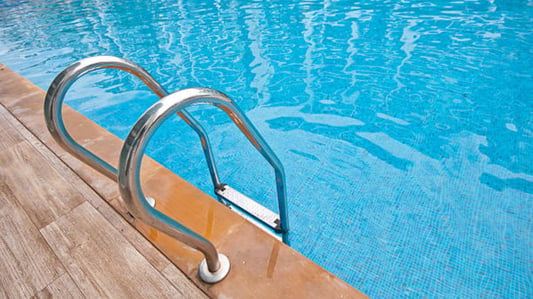Benefits of Using a Chlorine DispenserOne of the main advantages of using a chlorine dispenser for your inground pool is that it helps maintain the cleanliness and hygiene of the water. The dispenser releases a consistent amount of chlorine into the pool, ensuring that bacteria and algae are kept at bay. This can result in fewer instances of waterborne illnesses and a more enjoyable swimming experience for you and your family.Types of Chlorine DispensersThere are several types of chlorine dispensers available for inground pools, including floating dispensers, automatic feeders, and in-line chlorinators. Floating dispensers are easy to use and require minimal installation, while automatic feeders can be connected to the pool's filtration system for continuous chlorine distribution. In-line chlorinators are built directly into the pool's plumbing for a seamless look.Factors to Consider When Choosing a Chlorine DispenserWhen selecting a chlorine dispenser for your inground pool, it's essential to consider factors such as the size of your pool, your budget, and your maintenance preferences. Floating dispensers are suitable for smaller pools, while automatic feeders are better suited for larger pools that require consistent chlorination. In-line chlorinators are ideal for pool owners looking for a permanent solution.Installation and Maintenance TipsProper installation and maintenance of your chlorine dispenser are key to ensuring its effectiveness. When installing a floating dispenser, make sure to adjust the chlorine levels according to your pool's size. Automatic feeders should be checked regularly to ensure that they are functioning correctly, while in-line chlorinators may require professional installation.Common Issues with Chlorine DispensersOne common issue that pool owners may encounter with chlorine dispensers is clogging, which can prevent the dispenser from releasing chlorine properly. To prevent this, regularly clean the dispenser and check for any blockages. Another common issue is over-chlorination, which can occur if the dispenser is not properly adjusted. Monitor the chlorine levels in your pool regularly to avoid this problem.Alternatives to Chlorine DispensersIf you're looking for an alternative to chlorine dispensers for your inground pool, consider using saltwater systems or UV sanitation. Saltwater systems use salt to generate chlorine, providing a milder and gentler alternative to traditional chlorine dispensers. UV sanitation systems use ultraviolet light to kill bacteria and algae in the water, reducing the need for chlorine.Cost ConsiderationsThe cost of a chlorine dispenser for your inground pool can vary depending on the type of dispenser you choose and the size of your pool. Floating dispensers are typically the most affordable option, while in-line chlorinators may require a larger upfront investment. Consider the long-term savings on maintenance and potential health benefits when determining the right dispenser for your pool.Environmental ImpactUsing a chlorine dispenser for your inground pool can have an environmental impact, as chlorine is a chemical that can be harmful to aquatic life if not properly managed. It's essential to use chlorine responsibly and follow local guidelines for pool maintenance to minimize the impact on the environment. Consider eco-friendly alternatives to traditional chlorine dispensers if sustainability is a concern.Safety PrecautionsWhen using a chlorine dispenser for your inground pool, it's crucial to follow safety precautions to protect yourself and others. Avoid direct contact with chlorine and wear protective gear when handling chlorine tablets or liquid. Keep children and pets away from the dispenser to prevent accidental ingestion. Store chlorine products in a cool, dry place away from sunlight.Choosing the Right Chlorine Dispenser for Your Inground PoolUltimately, the best chlorine dispenser for your inground pool will depend on your specific needs and preferences. Consider factors such as ease of use, maintenance requirements, and budget when selecting a dispenser. By maintaining proper chlorine levels in your pool, you can enjoy clean and clear water for all your swimming needs.Quote InquiryContact us!


